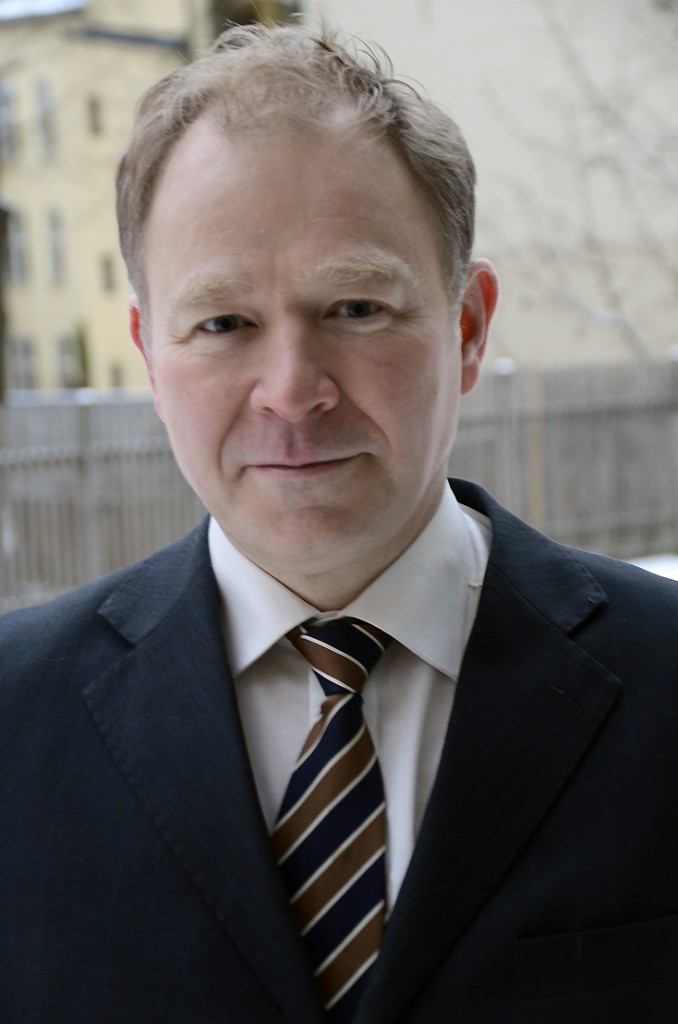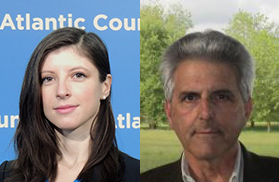
Commission consultations with NGOs link European policy-makers with civil society and represent an essential feature of participatory democracy in the EU. Analysing NGOs’ lobbying strategies on environmental policy in the EU, Wiebke Marie Junk argues that public consultations “may enhance the ‘participatory’, but not necessarily the ‘democratic’, nature of ‘participatory democracy’ in the EU”. To find out more read her article “Two logics of NGO advocacy: understanding inside and outside lobbying on EU environmental policies” published in the Journal of European Public Policy.








